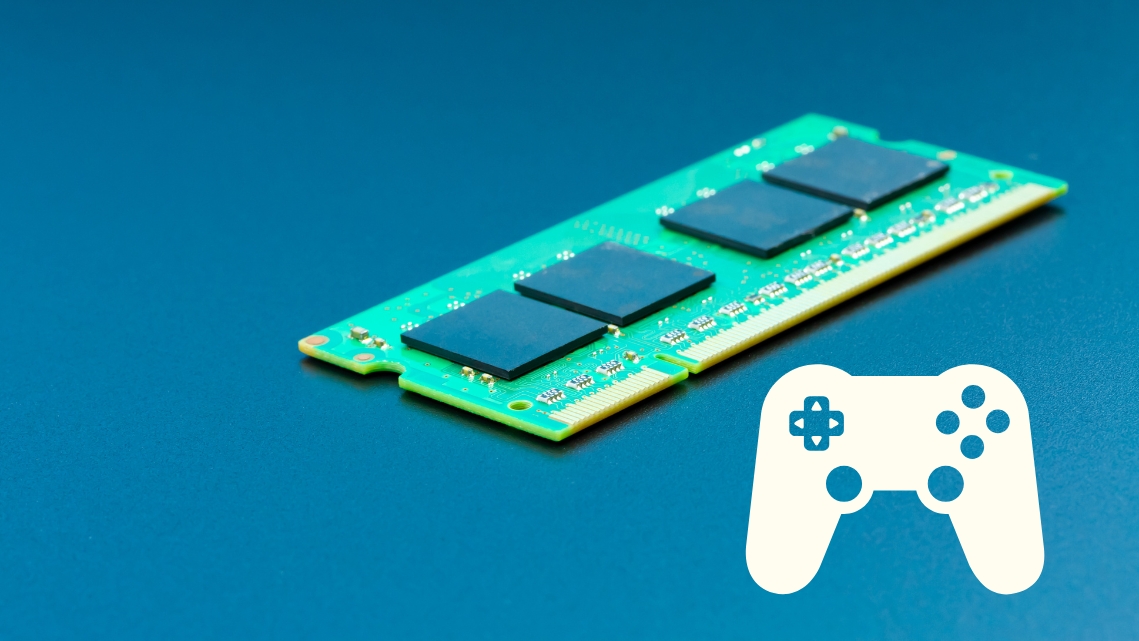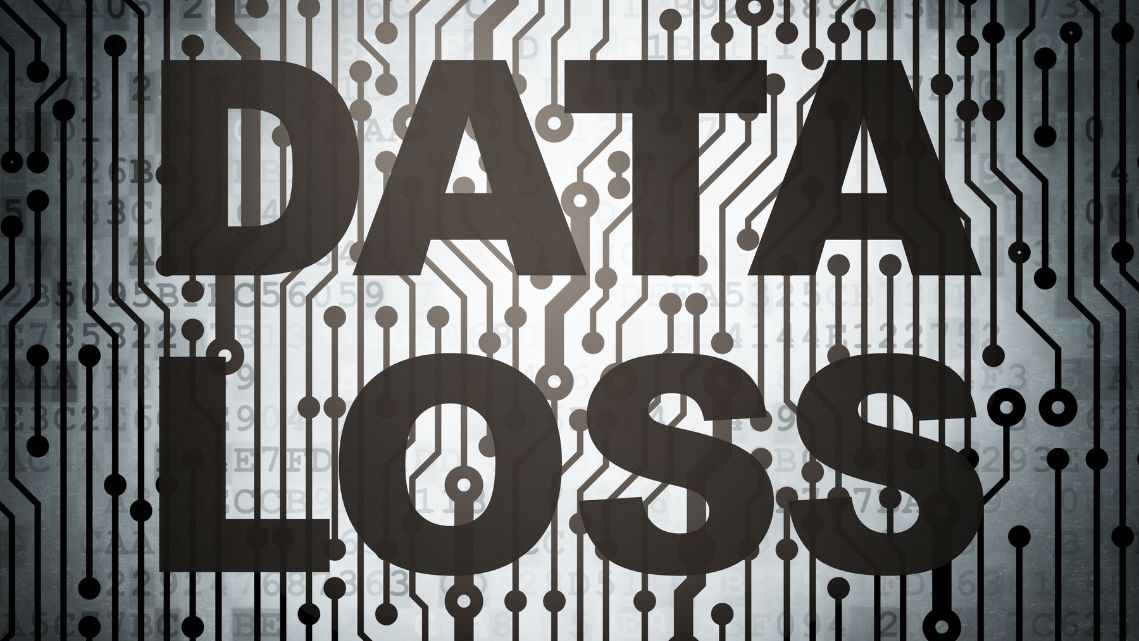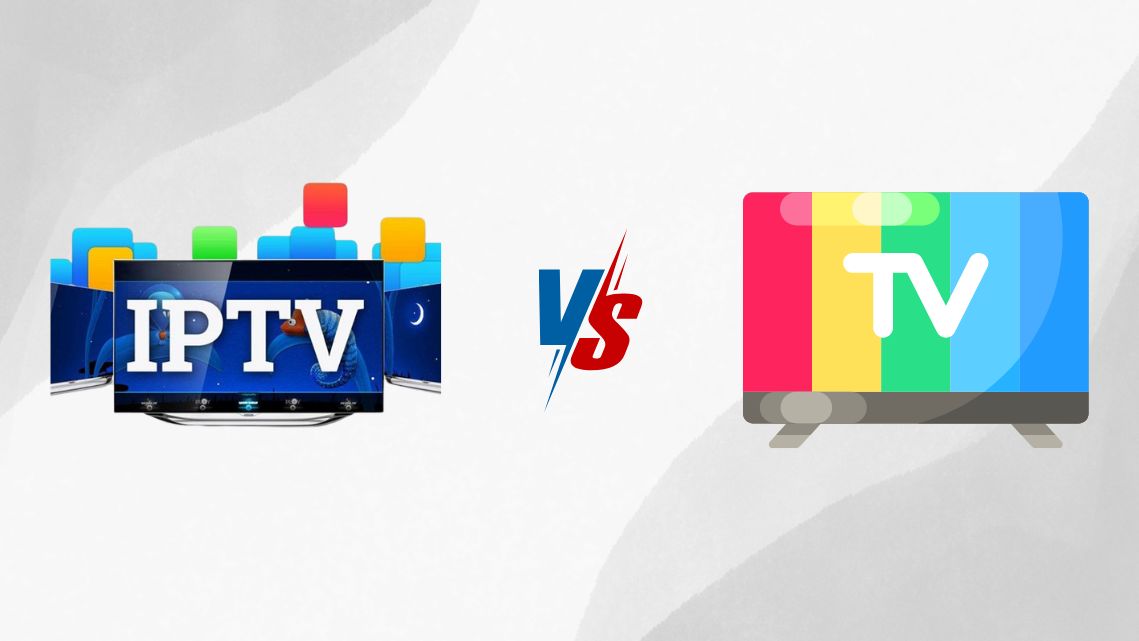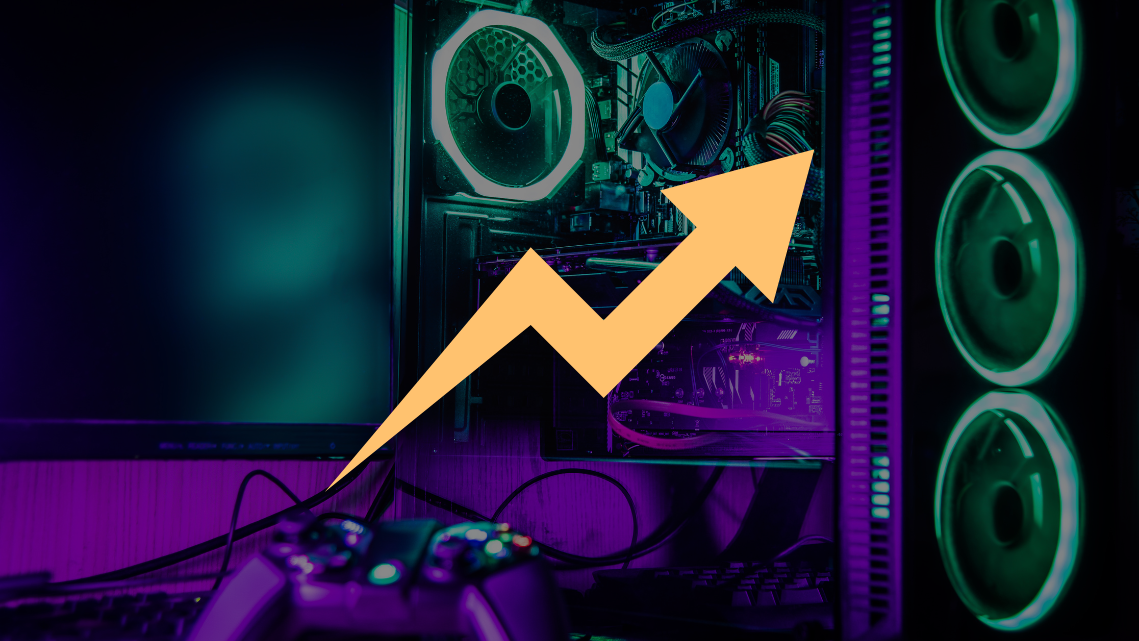Basic computer programming
In today’s technology-driven world, computer programming is a highly valuable skill that empowers individuals to create software, build websites, automate tasks, and solve complex problems. Whether you’re a beginner exploring programming for the first time or someone curious about the fundamentals, understanding the basics of computer programming is essential. In this blog, we will explore the key concepts and elements of programming to provide you with a solid foundation.
What is Computer Programming?
Computer programming involves writing instructions that a computer can understand and execute. It is the process of creating a set of logical and sequential steps to solve a specific problem or perform a desired task. Programming languages, such as Python, Java, C++, and JavaScript, provide the tools and syntax for writing these instructions.
Programming Concepts
a.Variables: Variables are used to store and manipulate data. They hold values that can be modified throughout the program’s execution. b. Data Types: Data types define the kind of data a variable can hold, such as numbers, strings, or Boolean values. c. Control Structures: Control structures, like conditional statements (if-else) and loops (for, while), allow programmers to make decisions and repeat actions based on certain conditions. d. Functions: Functions are reusable blocks of code that perform specific tasks. They allow programmers to modularize their code and improve readability. e. Objects and Classes: Object-oriented programming (OOP) is a programming paradigm that organizes code into objects, which encapsulate data and behavior. Classes define the blueprint for creating objects.
Programming Logic
a.Algorithms: Algorithms are step-by-step procedures for solving problems. They outline the logical flow of a program and the sequence of operations required to achieve a specific outcome. b. Problem-Solving: Effective programming involves breaking down complex problems into smaller, more manageable tasks and designing algorithms to solve them. c. Debugging: Debugging is the process of identifying and fixing errors, or bugs, in a program. Debugging skills are crucial for troubleshooting and ensuring the program functions as intended.
Resources for Learning Programming:
a. OnlineTutorials: Websites like Codecademy, Udemy, and Coursera offer interactive programming tutorials and courses for beginners. b. Programming Books: Books such as “Python Crash Course” by Eric Matthes and “JavaScript: The Good Parts” by Douglas Crockford provide comprehensive introductions to programming languages and concepts. c. Online Documentation: Programming languages often have official documentation that covers syntax, libraries, and usage. Examples include the Python Documentation and the Mozilla Developer Network (MDN) for JavaScript. d. Coding Challenges: Platforms like LeetCode and HackerRank provide coding challenges to practice and improve programming skills. e. Online Communities: Joining programming communities and forums, such as Stack Overflow or Reddit’s programming subreddits, allows you to connect with experienced programmers, ask questions, and learn from others.
Here are some additional resources for further information on understanding computer programming basics:





